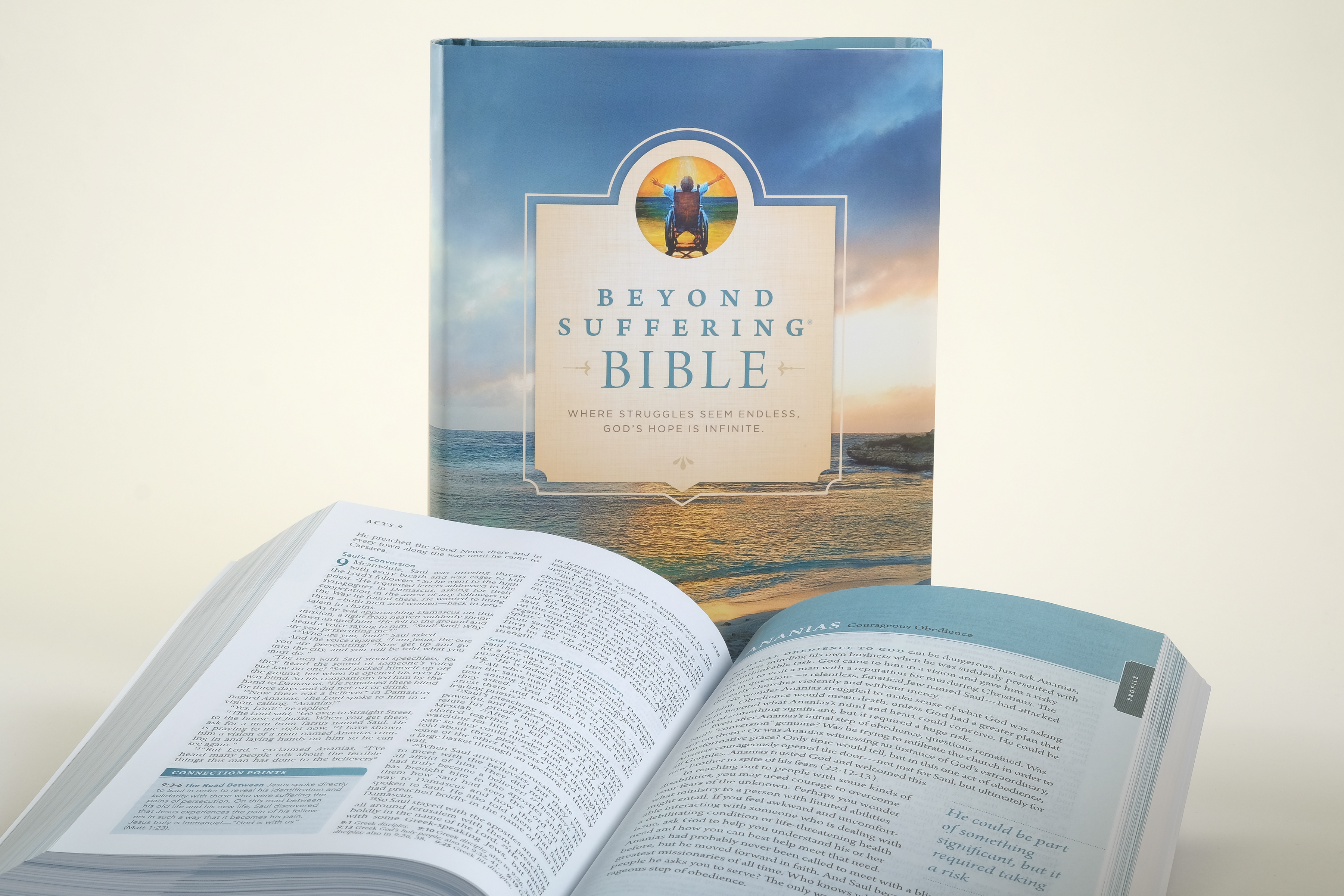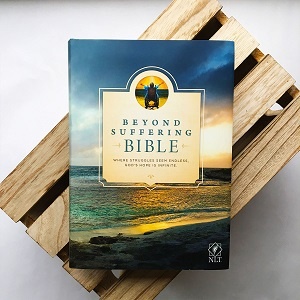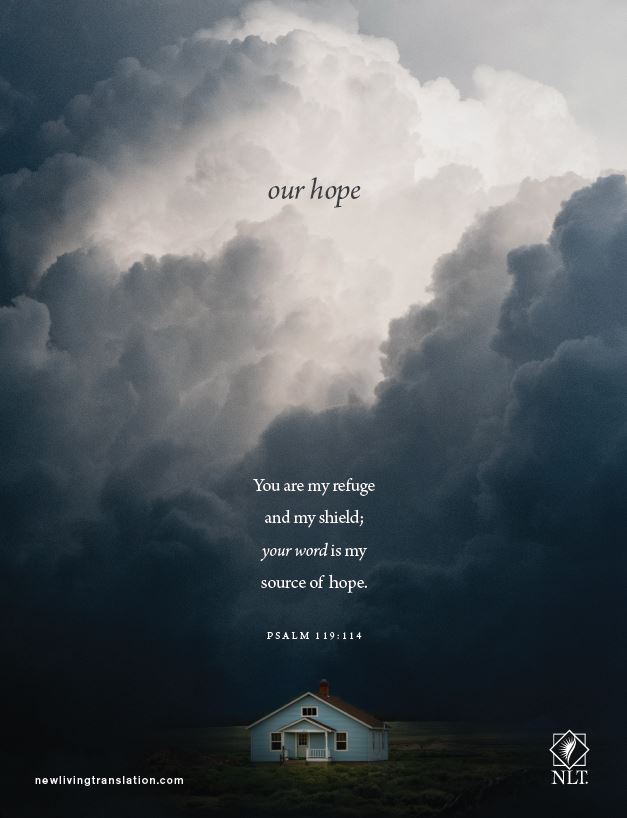“Only in returning to me and resting in me will you be saved.” Isaiah 30:15
Devotional from the Beyond Suffering Bible

God’s people find strength only as they rest in the promises of God, relating to him as the center of all reality. Trusting in any other form of security leads to failure, because God knows what is best for us: to return to him from our foolish habits of rebellion and the lonely experience of exile. The book of Isaiah is filled with stark contrasts between angry prophetic threats of destruction because of disobedience and precious promises of quiet confidence experienced in the loving arms of God. If only Israel would have returned to their God-given destiny—existing in covenantal communion with the Father and testifying of his love to the nations—what peace they would have found!

Our situation may be different from Israel, but the truth that our salvation is found in God alone is just as applicable for us. God’s promise of rest is intended to encourage us in the midst of disheartening situations. We often pray for immediate change in our circumstances: relief from pain, satisfaction of our desires, restoration of physical comfort, or an influx of money. But the promise of God’s presence—resting in him—is at the heart of our need. We can, and often do, experience his faithful presence in the midst of suffering.

In John 17:15, Jesus prayed for his disciples and for us as his followers, “I’m not asking you to take them out of the world, but to keep them safe from the evil one.” What does it mean to be kept safe? God graciously welcomes us as his precious children through our union with Jesus Christ. This does not guarantee preservation from harm, but it does mean the gift of eternal security and rest in communion with God, which is much more significant. Our attention is directed away from our circumstances and back toward God. Understanding that God’s good plan for us extends beyond our momentary circumstances is the deepest possible encouragement.




































Recent Comments